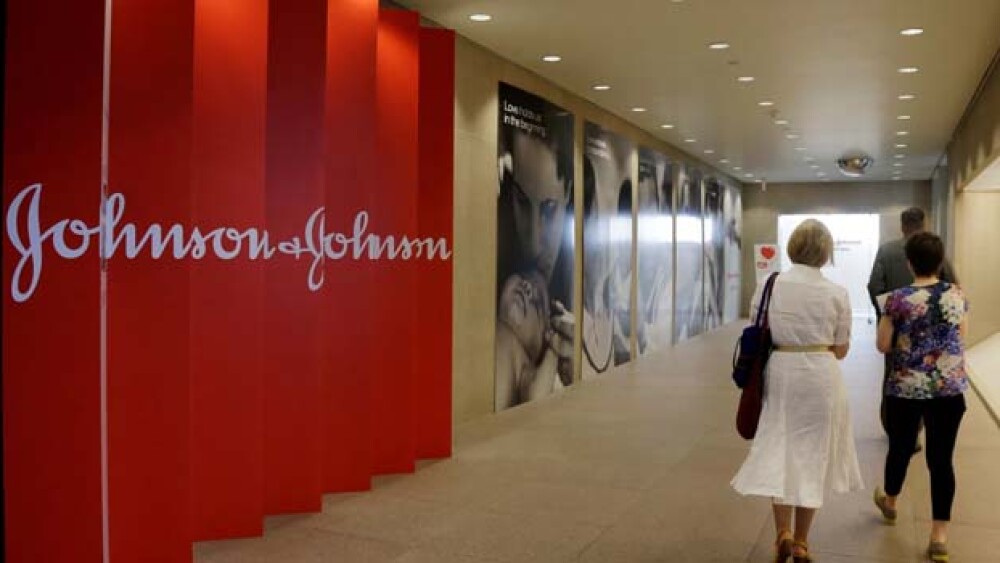J&J inked a global collaboration deal with Theravance Biopharma to develop a drug for IBD.
Janssen Pharmaceutical of Johnson & Johnson inked a global collaboration deal with Theravance Biopharma to develop a drug for inflammatory bowel diseases (IBD).
The companies will work to develop TD-1473, a first-in-class oral, gastrointestinal (GI) restricted pan-Janus kinase (JAK) inhibitor. IBD includes Crohn’s disease and ulcerative colitis (UC).
As part of the deal, Theravance will wrap up a Phase II clinical trial in Crohn’s disease and a Phase IIb/III induction and maintenance trial in UC, which will start this year. Once data from the Phase II trial is available, Janssen Biotech has the option of an exclusive license deal for the program and to take over the lead role in developing the product in Crohn’s disease.
Theravance will continue development of the drug in UC until the conclusion of the Phase IIb/III program. If it is commercialized, Theravance can co-commercialize it in the U.S., and Janssen would have sole commercialization rights outside the U.S.
“Adding TD-1473 to the Janssen Immunology portfolio reinforces our commitment to transforming patient outcomes with the potential to offer a first-in-class oral, local acting pan-JAK inhibitor with broad use across GI-related inflammatory disease,” said Scott Plevy, Janssen Research & Development’s vice president, Disease Area Leader, Inflammatory Bowel Disease, in a statement. “We look forward to advancing this promising, oral, drug candidate through clinical development as we continue to address the significant unmet needs of people living with Crohn’s disease and UC around the world.”
J&J is paying $100 million upfront. Once the mid-stage trials for UC and Crohn’s are completed, J&J will need to pay Theravance a $200 million milestone to continue. The entire deal could exceed $1 billion.
J&J and Theravance are not the only companies working with JAK1 inhibitors for inflammatory bowel disease. Gilead and AbbVie are both taking that approach.
John Carroll, with Endpoints News, writes, “AbbVie has sparked some big expectations with its data on its JAK1 ABT-494, with Gilead picking up filgotinib from Galapagos after AbbVie abandoned it in favor of their in-house drug. To highlight the potential of TD-1473, Theravance turns to Pfizer’s Xeljanz (tocacitinib) for a comparison.”
Brett Haumann, Theravance’s chief medical officer, told Carroll that tofacitinib was designed for organ transplantation, then made a shift to rheumatoid arthritis. Tofacitinib needs to work systemically, which can be risky because it has immunosuppressive effects, which can make a patient more susceptible to infections. “The risk remains when you use a JAK1 or targeted JAK delivered systemically,” Haumann told Carroll. “We’re only targeting the guts. That’s where it’s delivered, penetrating into tissue. That’s the value; we can drive the dose up.”
Carroll notes, “It’s a tall order, requiring not just satisfactory efficacy and safety data, but results that can beat out a pair of the most closely-watched therapies now in the industry’s late-stage pipeline. And if successful, those drugs will be well ahead of where Theravance and J&J could be when they wrap a pivotal program—no quick and easy task.”





